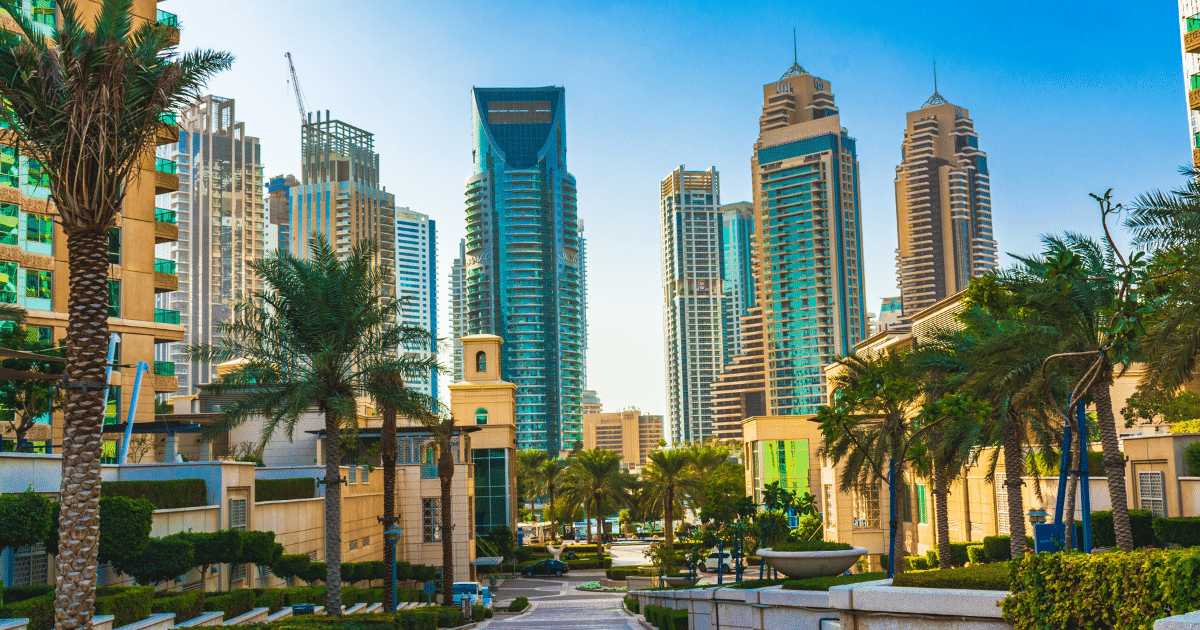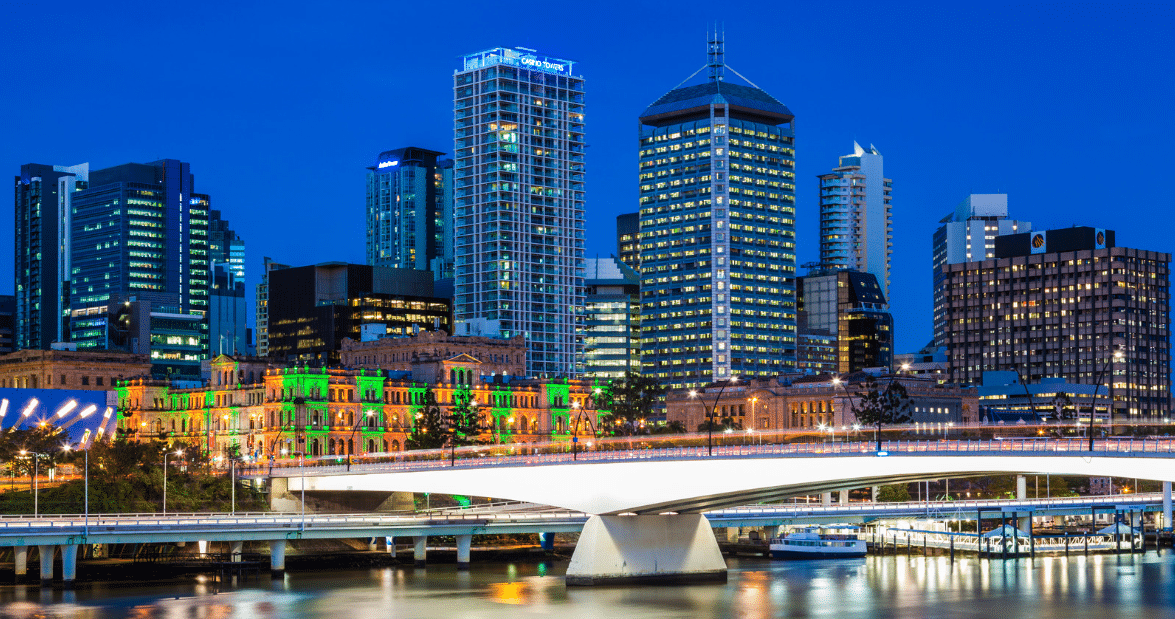The larger part of the migrant and refugee Australians feel at home in Australia, in spite of half of them encountering some type of discrimination and unfair behavior in the past one year, according to the first Multicultural Youth Australia Census.
Approximately 2,000 young refugees and migrants between the ages of 15 to 25 participated in this census, which was regulated in September and October of 2017. This is the first and most legitimate national record of how multicultural youth are managing in Australia socially, culturally, and financially. Australia is a country rich in diversity and multiculturalism, where about 49% of the people have either one or both of their parents born abroad. However, as of late multiculturalism has been closely scrutinized.
The Federal government of Australia’s recent reforms to revise the criteria for national citizenship, as well as penal asylum seeker policies, have given birth to conflicting arguments and media critique about the current multicultural status of the country.
Although the young refugees and migrants have always been talked about, they seldom get the chance to voice their opinions and views of the discrimination and the unfair treatment they go through. Cue this census, which was their platform to be heard – it depicted a positive outcome and demonstrated that the migrant and refugee youth are driven by expectation and idealism: by far most of them 'agreed' or 'strongly agreed' about feeling at home in Australia.
In spite of the various difficulties faced by these migrant youth, most of them have asserted trust in their ability to accomplish their dreams, be it at work or study.
These multicultural youth are socially connected and have a participatory viewpoint. 61 percent of the participants of the census stated that their top objective was 'having a job they were passionate about', and 45 percent claimed their value and goal was 'being active in working for a better society'.
The findings suggest that the migrant youth is optimistic in their ability to ‘belong in diversity’, and being able to helm multiple cultural diversities.
Hence, the time is ripe for Australia to fund programs and create opportunities to benefit from the optimism and civic capacities of the multicultural youth, and live up to its image as ‘the most successful multicultural society in the world’.






